Millennials vs. Gen Z
I originally titled this blog “Millennials and Instagram,” but realized I didn’t even know the exact birth years the infamous generation included. Upon a quick Google search, I found to my surprise, I am one year younger than the cutoff. So…that makes me a Gen Z-er?

While Millennials (whom I had always associated myself as) have their share of cringe worthy, yet accurate stereotypes, Gen Z just seems worse. When I hear Gen Z, my mind immediately goes to middle school boys vaping and Tik-Tok stars. To educate myself a bit more on what Gen Zers are, I did some hard-hitting research through Wikipedia.
At first, it felt like reading a horoscope. To say an entire generation shares the same personality type and values, seems melodramatic. But the more I read, the more characteristics rang true.
Gen Z’s Relationship with Instagram
Childhoods consisting of watching parents struggle through the recession, We cannot remember a time when the United States was not at war, and perhaps the most impactful is an upbringing with unlimited internet access. Characteristics shared among a generation plagued with anxiety. As “basic” as it may sound, social media truly does consume our lives.
We found our identities in our internet profiles and social media allowed us to compare our lives to nearly everyone else in the world, ultimately makes us feel we will never be good enough. To combat this, Instagram has begun testing hidden likes in multiple countries.
Instagram without likes?! How will anyone know how much clout I have?!

I’m kidding, kind of…
Sure, this will encourage people to post pictures they actually like instead of pictures that will get likes. For older generations, yes, this is a thing. For example, a picture with multiple people will get fewer likes and comments than a solo picture. This is because people follow your profile to see you. They are less likely to like or comment if they don’t know the other people in the picture. It is what it is.
So why do I want my pictures to get more likes? Who knows. I’m not a paid influencer and 400 vs. 700 likes on a photo makes little difference but for some reason, I am compelled to only post the one likely to get the 700-likes.
My Take
If Instagram implements the hidden likes feature across the entire platform, it will have a significant impact on the culture, but will it be for better? Not necessarily.
Though no one else will see how many likes your photo got, you will. And personally, I would still feel a sense of competition with myself to get more and more likes with each post. Externally, the focus may shift to the number of followers each person has, but this could be worse as it is easier to buy followers than it is likes. Following takes a one-time action; whereas, likes must be continuously earned (or bought) to maintain or increase over time. Power users can tell if someone has bought their followers. Someone who has 15K followers but only gets 200 likes is clearly not generating engagement… often this is because their followers are bots. Without visibility of the likes, it may be difficult to determine which profiles are organically (and actually) popular.

It Will Hurt Businesses
For companies, using influencers who have a large organic following is crucial. If they give free products to people who have fake followers, they are not going to reach the audience they intended to, costing the company money. I could see influencers having to send screenshots of who many likes their posts got. According to a Business Insider survey that was conducted earlier this year, Instagram was the most used social media platform amongst Gen Z. From a business standpoint, this is an extremely risky move.
On one hand, since Instagram is the most popular, they have the platform to change the motives behind social media. On the other hand, there are plenty of other platforms that will continue to use likes and if people want likes, they’ll move platforms. Look at Facebook. They seemed untouchable for so many years and yet now ranks below YouTube and Snapchat for Gen-Z users. And Instagram (a Facebook company) has too much to lose.
I know it’s natural to want to be liked (pun absolutely intended) and that in the end some things will always be a popularity contest, whether through likes, followers, comments, or something yet to be created. (oh and don’t forget to like this post!)
